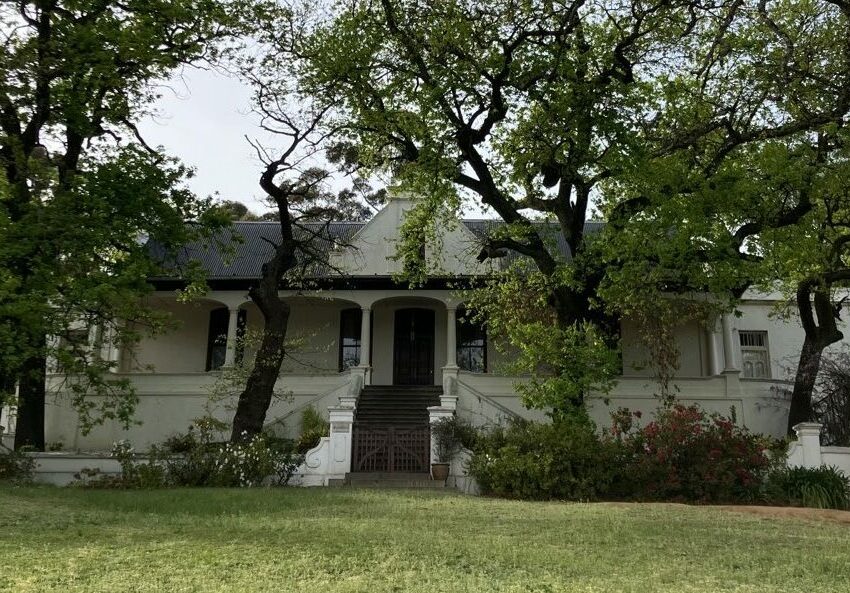
Three picturesque wine farms in Wellington’s Groenberg region are going on auction next month, signalling what experts warn could be a deeper crisis brewing in South Africa’s wine industry.
The properties, known as Talana Hill, Dunedin, and Eventide, stretch across 82 hectares of agricultural land and will be auctioned off either separately or as a bundle at an event hosted by Broll Auctions and Sales on 18 June at The Wanderers Golf Club in Johannesburg, as per Moneyweb.
While the farms boast a mix of vineyards, stables, and classic Cape Dutch-style architecture, their appearance on the auction block has raised eyebrows in an industry where private, discreet sales have long been the norm.
Matthew Counsell from Broll says the properties offer a rare blend of rural charm and commercial potential: “This is an opportunity for the right buyer to create something special, whether as a lifestyle retreat or a working agricultural enterprise.”
But the sale points to something deeper than a real estate opportunity. Roland Peens, CEO of Wine Business Advisors, says more and more wine farms are turning to auctions as financial pressures mount.
“Auctioning wine estates used to be rare,” he said. “Now we’re seeing a notable shift, especially post-COVID. The industry’s facing rising costs, weak demand, and a reshaped global export market.”
In 2023, South Africa’s wine exports dropped by 17%, a blow to producers already contending with load shedding, rising input costs, and fewer international buyers. Some farms that once thrived on international trade and wine tourism are finding themselves on shaky ground.
Roland explains that while top-tier estates along Stellenbosch and Franschhoek still attract investment, smaller farms – especially those outside the high-traffic wine routes – are struggling to stay afloat.
“Operating a wine farm demands constant capital investment and strategic planning. The ones failing to modernise or adapt to new realities are the ones slipping through the cracks,” he said.
Lifestyle farms, which cater more to scenic living than serious production, are especially vulnerable. “These properties are hard to sell unless they offer both beauty and a working business model,” Roland added.
Despite the grim outlook for some, buyers may see this as the perfect time to invest. Market conditions have made distressed farms more affordable, giving savvy investors a chance to snap up underperforming assets with long-term potential.
As the hammer gets ready to fall in June, the sale of the Wellington trio could either mark a fresh start for new owners or serve as a warning of things to come in the country’s historic wine industry.
First published by Cape {town} etc
Compiled by Aiden Daries
Also see: Gaisang honours her dad Dosto Noge ahead of Father’s Day




